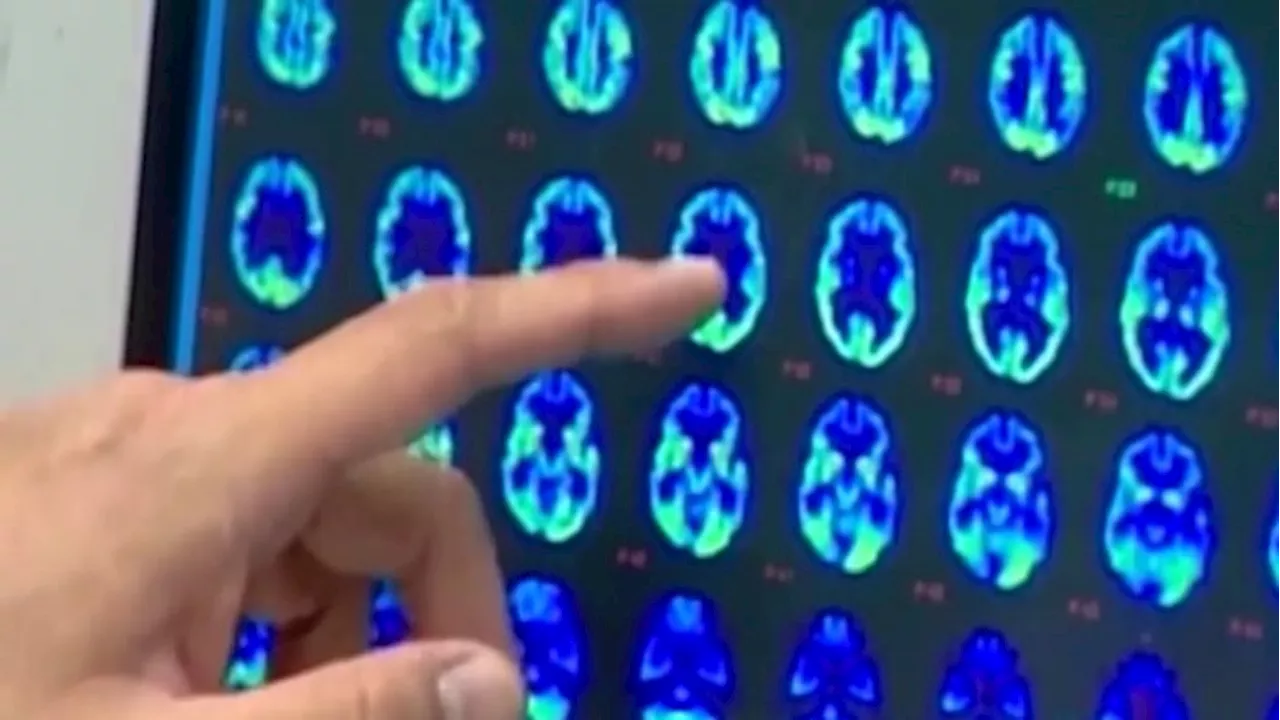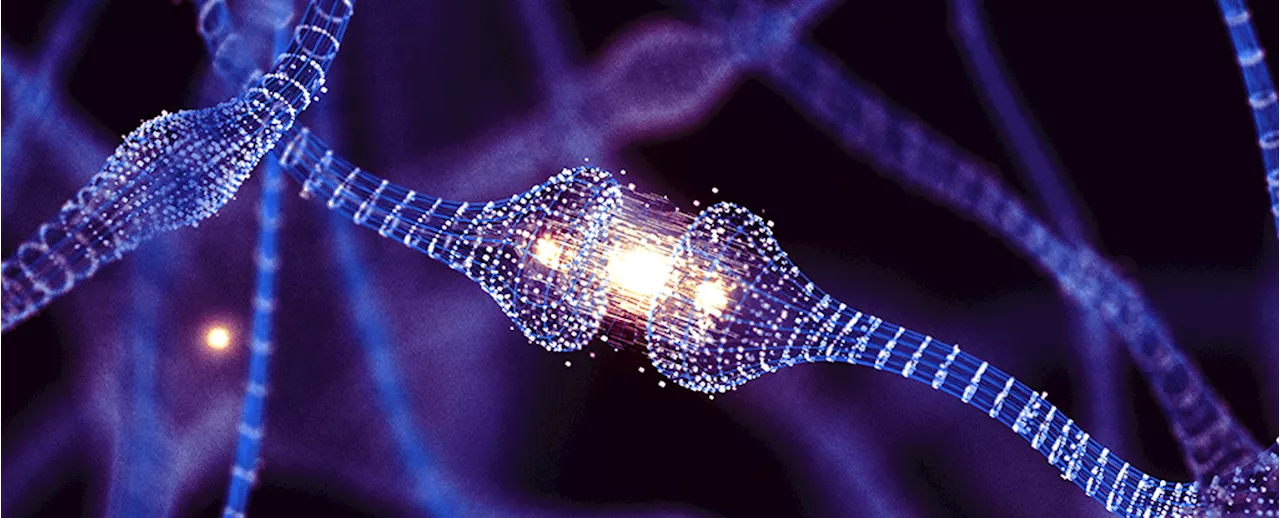Research suggests that a specific stress response pathway in brain immune cells called microglia contributes to the nerve damage seen in Alzheimer's disease.
A sequence of stress signals among specialized clean-up cells in the brain could at last reveal why some immune responses can cause significant nerve degeneration that results in the loss of memory, judgement, and awareness. Blocking this pathway in mouse brains modeled on Alzheimer's prevented damage to their synapse connections and reduced the buildup of potentially toxic substances.
The researchers, led by a team from the City University of New York (CUNY), believe this pathway – called the integrated stress response (ISR) – causes brain immune cells called microglia to become dysfunctional. We set out to answer what are the harmful microglia in Alzheimer's disease and how can we therapeutically target them,' Finding around twice as many stressed microglia in brains with the condition compared with healthy brains, the researchers went on to show how the ISR pathway was causing these stressed microglia to release harmful lipids into the brain's tissues. As is often the case with Alzheimer's research, a better understanding of how the disease operates can also give scientists more ideas for treatment. If treatments that block ISR can work safely and effectively in humans, the method could potentially slow the chaos that Alzheimer's causes in our own brain. 'Targeting this pathway may open up new avenues for treatment by either halting the toxic lipid production or preventing the activation of harmful microglial phenotypes.' that often drive dementia could be triggering the ISR to begin with, meaning that these signals are both a result of Alzheimer's and a reason for its further progression. Further studies should make this relationship clearer, now that we have a better idea of how the ISR pathway and dark microglia act in the brain – and from there, hopefully, new approaches to therapies. 'Such treatments could significantly slow or even reverse the progression of Alzheimer's disease, offering hope to millions of patients and their families,
ALZHEIMER's DISEASE BRAIN CELLS IMMUNE RESPONSE NEURODEGENERATION TREATMENT
United States Latest News, United States Headlines
Similar News:You can also read news stories similar to this one that we have collected from other news sources.
 Microglia Stress Response Linked to Alzheimer's Disease ProgressionA new study reveals a critical connection between cellular stress in the brain and the development of Alzheimer's disease, highlighting the role of microglia in both protective and harmful responses.
Microglia Stress Response Linked to Alzheimer's Disease ProgressionA new study reveals a critical connection between cellular stress in the brain and the development of Alzheimer's disease, highlighting the role of microglia in both protective and harmful responses.
Read more »
 7 ways to improve brain health, reduce risk of Alzheimer’sAlzheimer’s disease affects many individuals, but there are ways to enhance brain health and potentially reduce the risk of developing Alzheimer’s.
7 ways to improve brain health, reduce risk of Alzheimer’sAlzheimer’s disease affects many individuals, but there are ways to enhance brain health and potentially reduce the risk of developing Alzheimer’s.
Read more »
 How BCIs and BMIs decipher signals from the brain to convert thought into actionBCIs and BMIs can be a boon to people suffering from debilitating neurological conditions. But much needs to be done before the technology moves from the labs to the real world.
How BCIs and BMIs decipher signals from the brain to convert thought into actionBCIs and BMIs can be a boon to people suffering from debilitating neurological conditions. But much needs to be done before the technology moves from the labs to the real world.
Read more »
 Rethinking the brain pacemaker: How better materials can improve signalsResearchers have created organic materials for brain and heart pacemakers, which rely on uninterrupted signal delivery to be effective. Using a plastic base known as polypropylene, the researchers added a specially formulated clay called Montmorillonite and different ratios of graphene, one of the strongest lightweight materials.
Rethinking the brain pacemaker: How better materials can improve signalsResearchers have created organic materials for brain and heart pacemakers, which rely on uninterrupted signal delivery to be effective. Using a plastic base known as polypropylene, the researchers added a specially formulated clay called Montmorillonite and different ratios of graphene, one of the strongest lightweight materials.
Read more »
 Alzheimer's starts decades before you realize — 4 warning signs your brain is in troubleAn estimated 6.7 million Americans are living with Alzheimer’s, which slowly erodes memory, cognitive skills and the ability to perform simple tasks.
Alzheimer's starts decades before you realize — 4 warning signs your brain is in troubleAn estimated 6.7 million Americans are living with Alzheimer’s, which slowly erodes memory, cognitive skills and the ability to perform simple tasks.
Read more »
 New brain mapping technique reveals insights into the brain's higher functionsA new way of mapping activity and connections between different regions of the brain has revealed fresh insights into how higher order functions like language, thought and attention, are organized.
New brain mapping technique reveals insights into the brain's higher functionsA new way of mapping activity and connections between different regions of the brain has revealed fresh insights into how higher order functions like language, thought and attention, are organized.
Read more »
